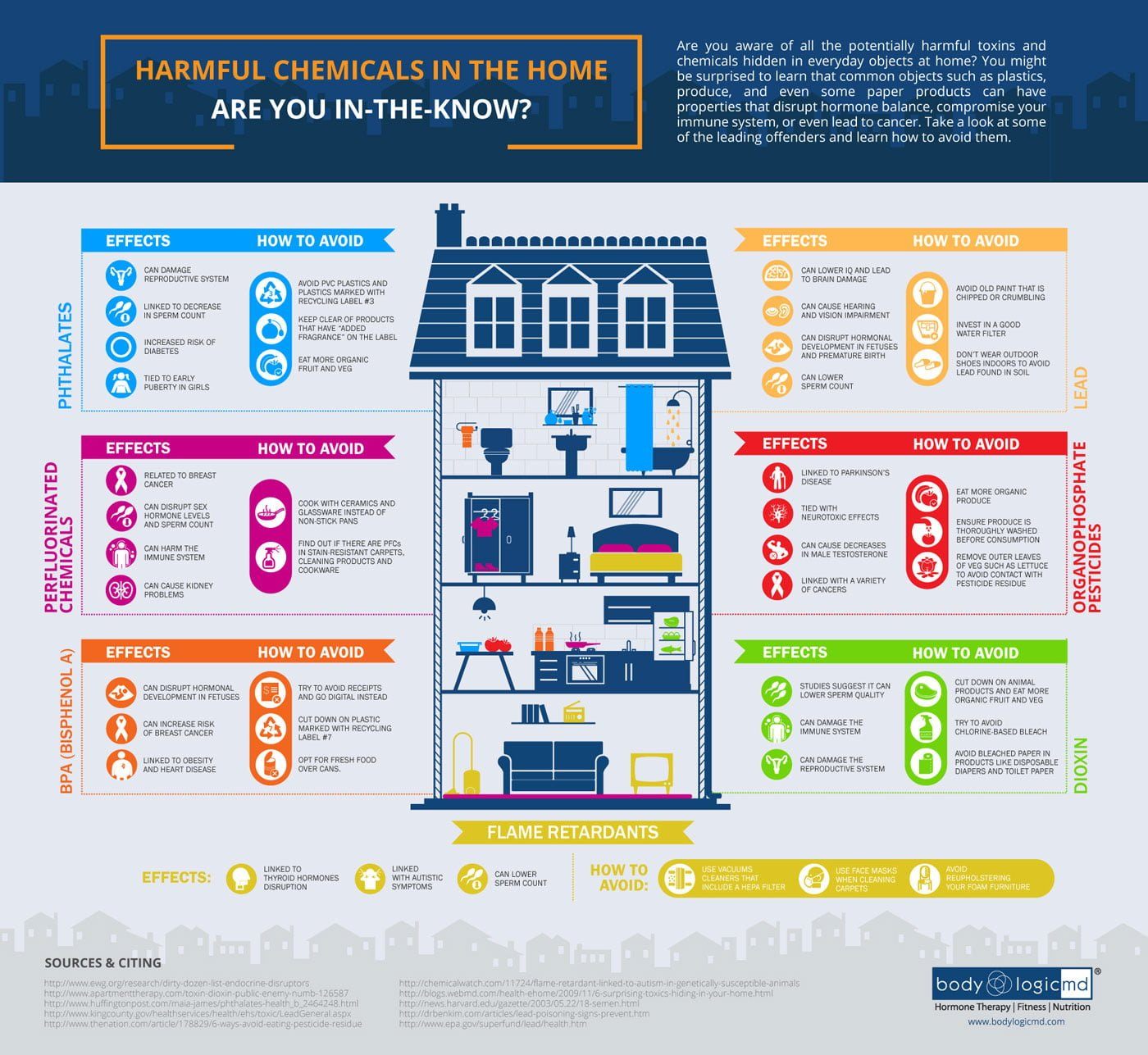Children that have increased levels of BPA (Bisphenol A), a chemical in the past used in a number of products for kids, such as plastic toys and baby bottles, had an increased risk of obesity and undesirable body fat levels. Researchers measured the Bisphenol A levels in children’s urine and then waist circumference, body fat, and diabetes and cardiovascular risk factors were measured.[1]
Bisphenol A was in the past widely used in the manufacture of polycarbonate and epoxy resins that were mad use of in a number of products for children, which included protective metal coatings on food containers, baby bottles, dental sealants, and plastic toys.
The research revealed that higher likelihood of obesity, determined as a BMI above the 95th percentile on CDC growth curves, was linked to higher urine levels of Bisphenol A. It was also revealed that an abnormal waist circumference-to-height ratio was more likely in children having higher Bisphenol A levels.
The research results didn’t associate Bisphenol A with any other factors of chronic disease, which included abnormal levels of insulin, cholesterol or glucose levels.
The research results suggest a possible link between childhood obesity and Bisphenol A exposure. More research is thus required to determine whether there’s a causal association between Bisphenol A and excess body fat.
Bisphenol A products have been voluntarily recalled by manufacturers because of suspicion concerning the toxic effects on children as well as other vulnerable populations. A lot of countries, such as members of the European Union and Canada, in addition to several U.S. states, have banned Bisphenol A use in products regularly made use of by young children and infants.
The FDA announced in July 2012 that Bisphenol A could no longer be used in the manufacture of children’s drinking cups and baby bottles. This restriction doesn’t however apply to other products containing Bisphenol A.

Image Source – https://www.bodylogicmd.com